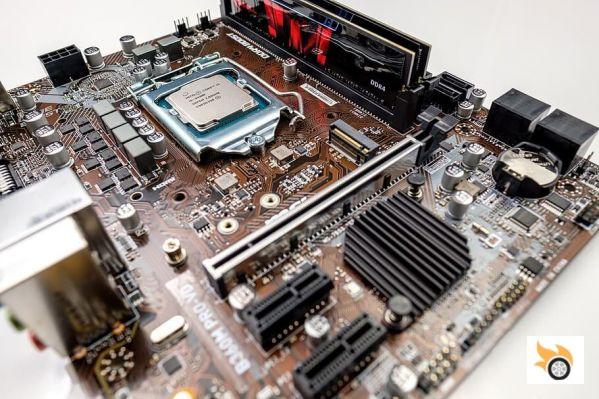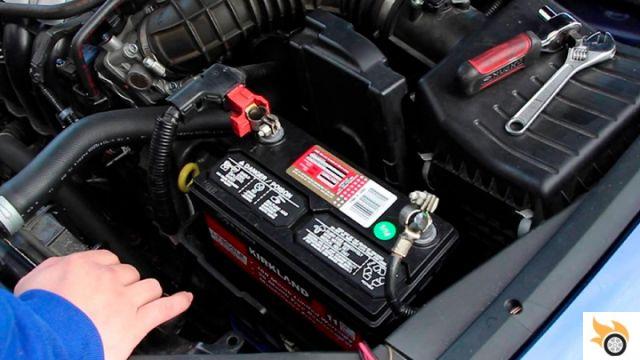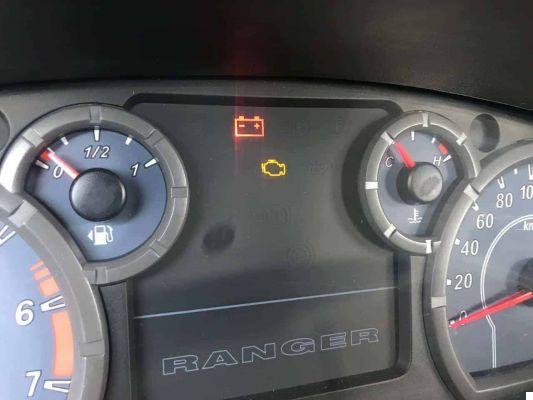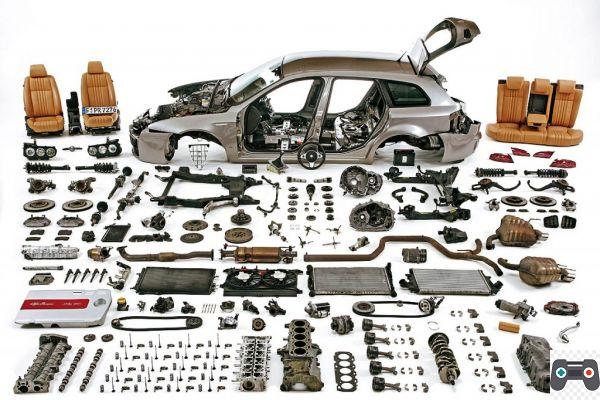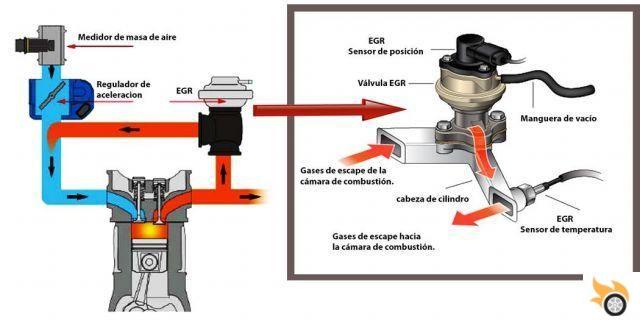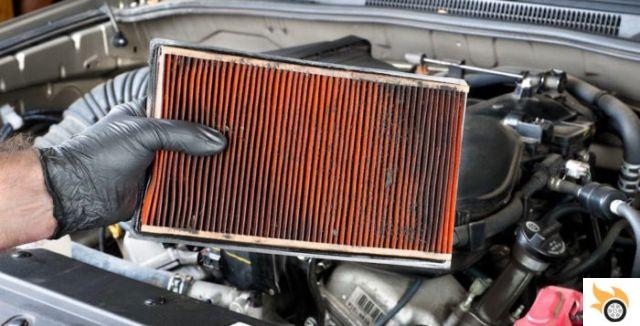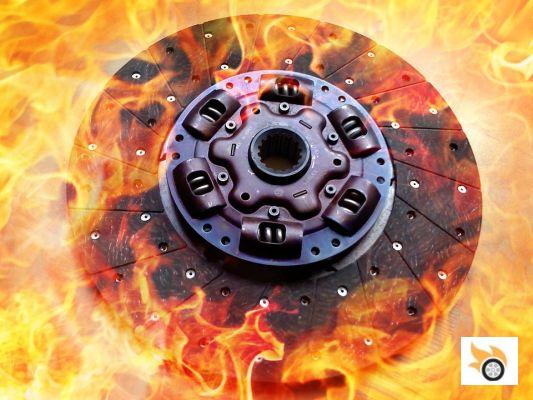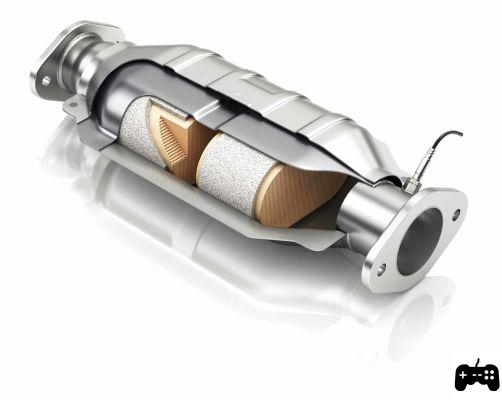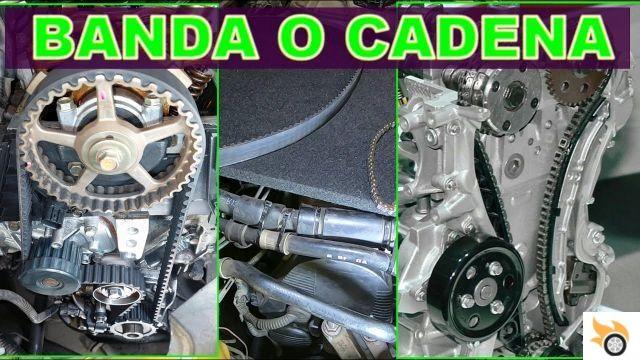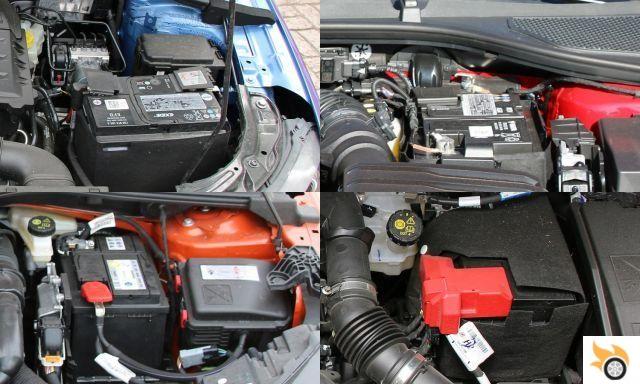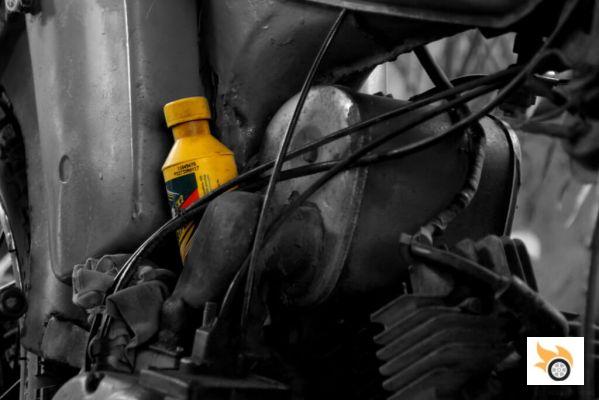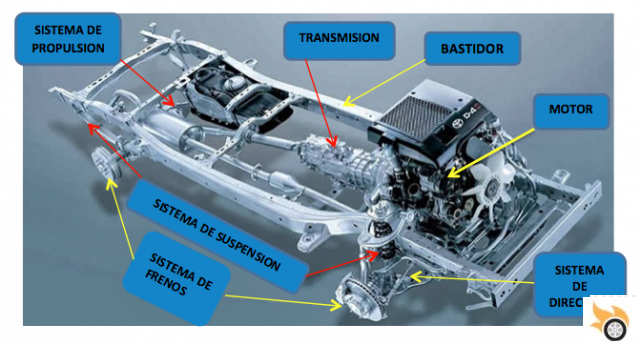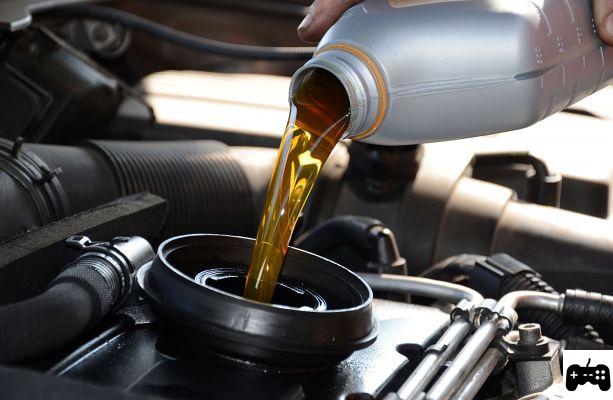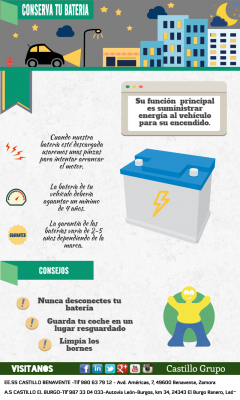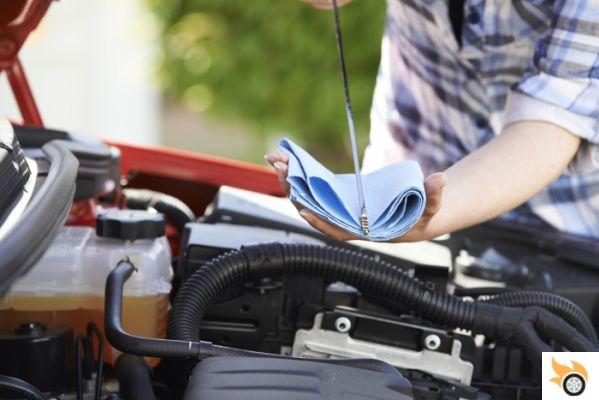
Introduction
In this article, we'll address a common concern among car owners: low oil level in a car. It is important to understand the possible causes and consequences of this situation, as well as the available solutions. Maintaining an adequate level of oil in the engine is essential for the correct operation and the useful life of your vehicle. Below, we'll answer the most frequently asked questions and provide helpful information so you can take the necessary action.
What are the causes of a low oil level in a car?
There are several reasons why the oil level in a car may be low. One of the most common causes is an oil leak. This can occur due to a faulty seal, a damaged gasket, or a problem in the lubrication system. Another possible cause is excessive oil consumption due to engine wear. As the engine ages, it can start to burn oil, resulting in a decreased level. Additionally, an incorrect oil change or lack of regular maintenance can also contribute to a low oil level.
What are the consequences of having a low oil level?
Having a low oil level in a car can have serious consequences for the engine. Oil is essential to lubricate the moving parts of the engine and reduce friction. When the oil level is insufficient, metal parts can rub against each other, causing premature wear and damage to the engine. This can result in a loss of power, increased fuel consumption and even total engine failure. Also, a low oil level can cause the engine to overheat, which can cause additional damage.
How to solve a low oil level in a car?
If you discover that the oil level in your car is low, it's important to take immediate action to fix the problem. The first action you should take is to check for any oil leaks. Inspect the ground under the car for oil stains and check for any smell of burning oil. If you find a leak, it is advisable to take your car to a mechanic shop to have it repaired. If there are no visible leaks, you can add fresh oil to bring the level up. Be sure to use the type and viscosity of oil recommended by your car manufacturer. If you're not sure, check your owner's manual or contact a professional.
What happens if the oil is not checked or changed?
The lack of a regular oil check and change can have serious consequences for your car. Oil degrades over time due to the accumulation of impurities and engine wear. If not changed, old oil can become thick and lose its lubricating properties, which can lead to increased wear and damage to the engine. In addition, accumulated impurities can clog the lubrication passages and cause a decrease in engine performance. Ultimately, a lack of proper oil maintenance can result in costly breakdown and the need for a complete engine replacement.
Frequently Asked Questions (FAQs)
1. How often should I check the oil level in my car?
It is recommended to check the oil level in your car at least once a month. This will allow you to detect any drop in level and take action before it becomes a serious problem. However, if you notice any warning signs, such as a lit oil level warning light on your dash, it's important to check the level right away.
2. What should I do if my car consumes a lot of oil?
If your car consumes an abnormal amount of oil, it is advisable to take it to a mechanic shop for a more detailed inspection. Excessive oil consumption can be indicative of an engine problem, such as worn piston rings or damaged valves. A professional will be able to diagnose the exact cause and recommend the necessary actions to solve the problem.
3. Can I use any type of oil for my car?
No, it is not recommended to use any type of oil for your car. It is important to use the type and viscosity of oil recommended by your vehicle manufacturer. This will ensure optimum performance and adequate engine protection. Check your owner's manual or contact a professional if you have any questions about the type of oil to use.
Conclusion
Maintaining an adequate level of oil in your car is essential to guarantee its proper functioning and prolong its useful life. A low oil level can have serious consequences for the engine, such as premature wear and costly damage. If you find that the oil level in your car is low, check for leaks and add new oil if necessary. Also, remember to perform regular checks and oil changes according to the manufacturer's recommendations. It is always better to prevent problems than to face expensive repairs.
We hope this article has been helpful and has answered your questions about low oil level in a car. If you have any other questions or comments, feel free to leave them below. We would love to hear your opinion and help you in any way we can!
Until next time!
The Pistonudos.com team





